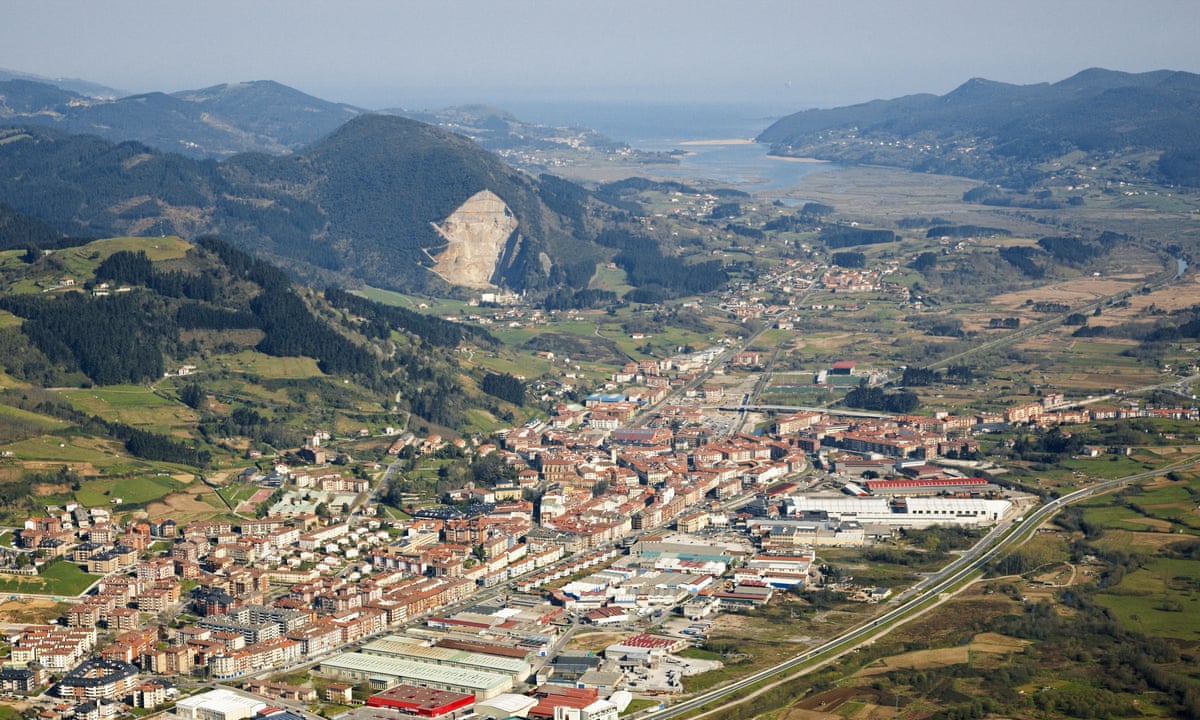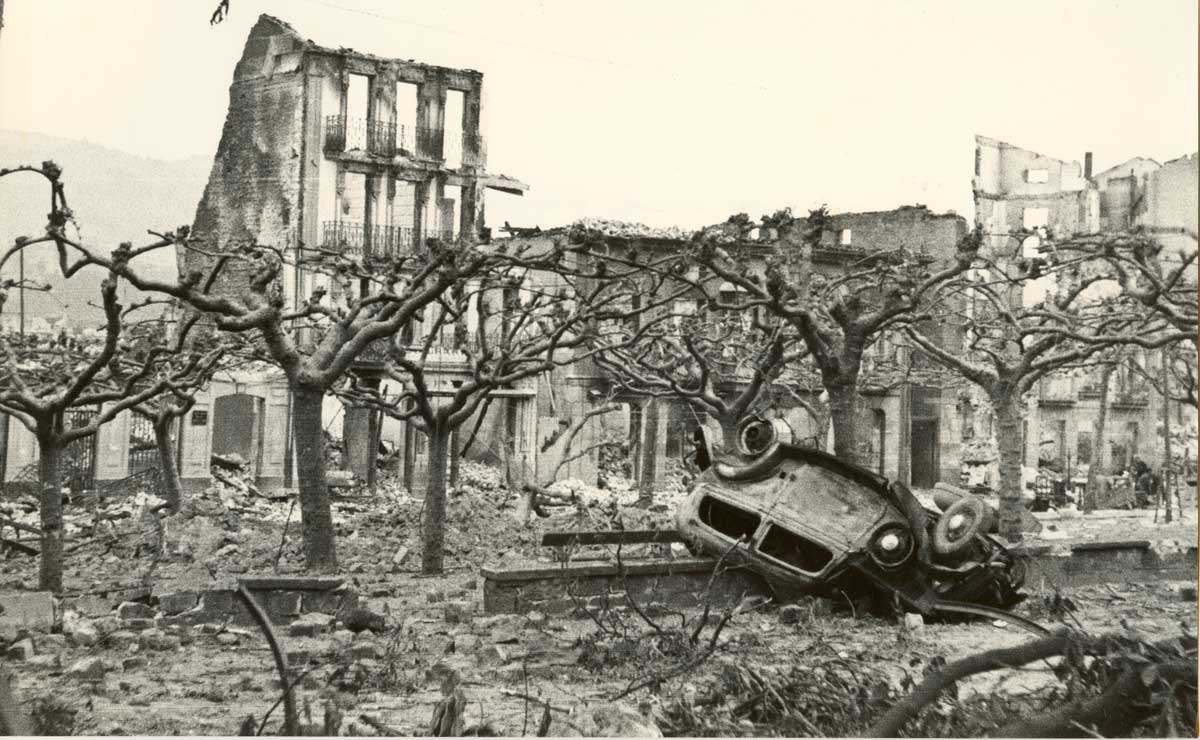Dear colleague,
Well, I'm not sure about you, but this ol' fella is sure grateful for the beginning of a holiday break here in my little part of the world. I won't lie: this semester has challenged me! And for me, it's not just been a perplexing semester in the classroom — it's been that times a million in general life. Just a hard, stretching season — one that's called on more endurance than I would've thought I had.
As I shut down my classroom today and head out for break, I'm reminded of this line I saw some time ago from one of the great murder-mystery writers of the twentieth century, Ms. Dorothy Sayers. She said,
The artist does not see life as a problem to be solved, but as a medium for creation.
Dorothy L. Sayers, The Mind of the Maker
This is the kind of stance I'd like to more deeply inhabit in the year to come. Us Westerners can be awful pragmatic sometimes, seeking to solve one problem after the next after the next, in pursuit of a kind of ego-centered utopia where all things thrive and align in our favor.
It's not bad to seek to solve problems — not at all. But there is just that persnickety quality of human life that's so hard for modern folks to accept: we're finite. We have only so much time, so much energy, so much influence. Sometimes, our resources align well with our circumstances, and we can manage winsomely. But other times, we encounter situations that exceed our agency.
Pablo Picasso experienced one of these moments when learning, at the end of April 1937, of the devastating bombardment of Guernica. A city that had looked something like this at the start of the month…

…was in a single day reduced to this:

It's so easy for me as a history teacher, for me as a person who has seen daily news all his life about wars and bombing and bloodshed, to scan those two images and move on.
But colleague — those two pictures are what's happened in the hearts of so many of our hurting students. They all started out life as this pristine and beautiful little cosmos — this precious village between the hills. But by the time they've come to us, there's more than a fair share of them whose hearts look like that second picture — bombed out by external factors, one of which is most definitely a school system that can tend toward dehumanization.
It's so doggone tempting to reflect on that and think, “What on earth is a teacher to do in light of such devastation?”
I don't know the thought process that Picasso went through in those days immediately after the bombing as he was seeing pictures like this in the newspaper. I've got to imagine, though, that he had a similar sense to you and me.
“What's an artist to do, when faced with such darkness and power? What value does a paintbrush have against bombs and cruelty?”
And what he did is, he decided to paint.

He was an artist. And so he made art.
Did his work preempt and avoid the coming air-born apocalypses of World War II, which made Guernica seem mild in comparison?
Unfortunately, it did not. Dresden and Hamburg and London and Tokyo and Hiroshima and Nagasaki and so many others happened, despite Picasso's painting.
But his efforts did result in one of the most arresting paintings of modern times. Almost one hundred years later, Guernica continues to stop viewers in their steps, capturing their minds and hearts like only this painting could.

And so, my year-end prayer and wish for you and me is this: that our approach to our work come January would be more like Sayers' artist and less like the pragmatist. Sure, there'll still be practical matters for us to attend to, apprentice ourselves to, and pursue. We'll still have problems to solve.
But when we zoom out all the way, I hope we'll see the artistry of what we do, sometimes within and in congruence with our circumstances, and sometimes underneath and despite them. And that our faith in the value of this work will be rooted in the certainty that it absolutely matters, no matter the immediate outcome.
Many blessings to you these holidays, colleagues.
I'll see you in the new year.
Your grateful colleague,
DSJR
P.S. And for a much lighter holiday greeting, see below. 🙂
(Not seeing a video? Click here.)
Mary Lou Baker says
Merry Christmas, Dave! I’m thankful for you and for your perspective/words of wisdom. God Bless!
Lori K. Sullivan says
I asked for your book for Christmas and my college daughter bought it for me. (I heard you first on the Teach 4 the Heart’s Rise Up Summit. Wonderful!) Your encouraging words are what I needed to rejuvenate during the break! Thanks for all you do for teachers and students.